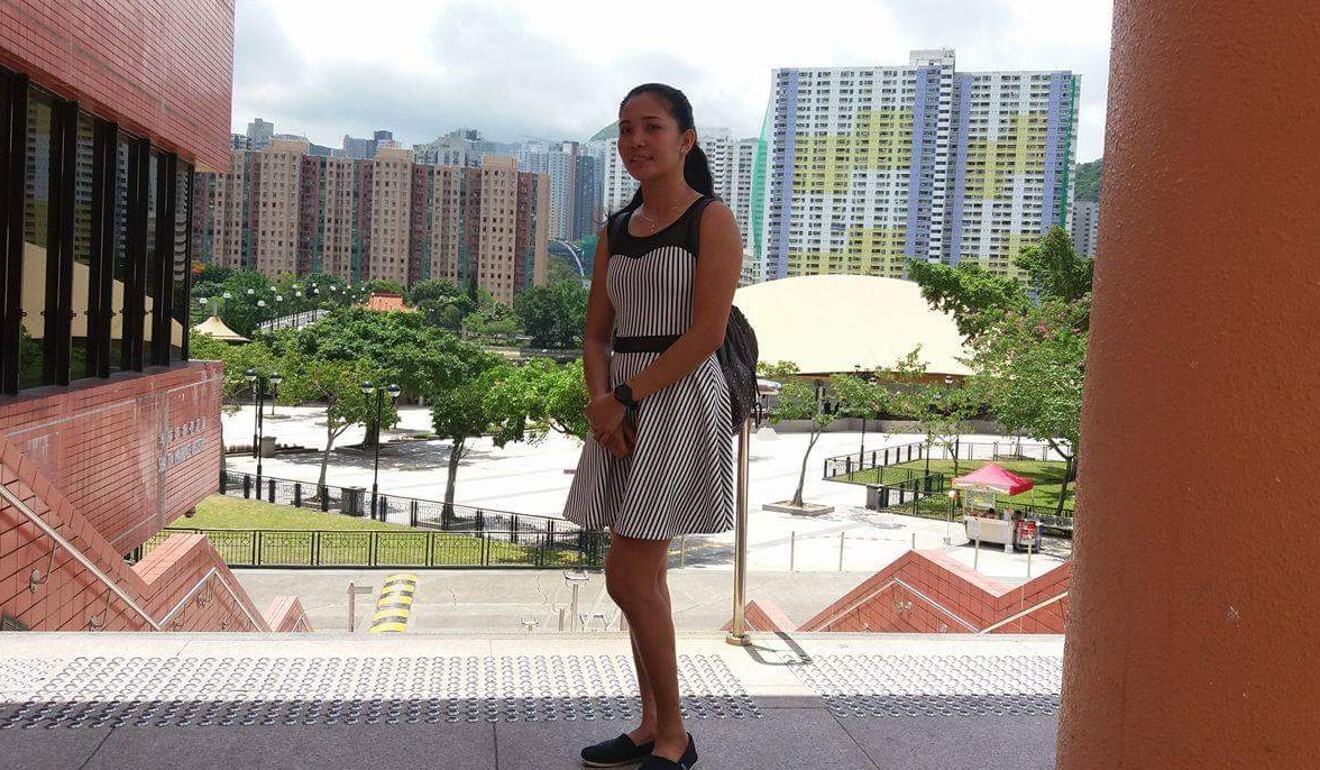
Family of Filipino domestic worker who died in Shenzhen still looking for closure, three years on
- Lorain Asuncion was employed in Hong Kong but fell to her death from a flat in mainland China. Her family is still seeking answers about what happened
- Experts and support workers say thousands of domestic workers are illegally taken across the border by employers and sometimes agencies

In July 2017, Lorain Asuncion’s family in the Philippines received the sort of news that takes a while to sink in. They were told the 28-year-old had fallen to her death from a high-rise apartment building in Shenzhen.
Asuncion was a domestic worker in Hong Kong, but had been taken to the city across the mainland China border by her employers.
Three years on, her family is seeking compensation through the courts in Hong Kong, while still struggling with a lack of answers about what happened before she plunged to her death.
“We talked to the employer only by phone in 2017, and he said it was an accident,” Asuncion’s sister, Jenevieve Javier, recalled. “I wanted to meet him, so he could explain what happened. But he did not want to meet me.”
Asuncion’s absence remains an open wound for the family.
“My parents are always thinking about the incident. They are hoping that the case moves as fast as possible. But we don’t know where the employers are,” Javier said. “We would like to have some answers, so we could have some closure.”
Hong Kong law prohibits employers from requesting or forcing foreign domestic workers – most of whom hail from the Philippines – to work at an address not specified in their employment contracts.
But labour experts and support workers say dozens of domestic workers like Asuncion have been pressured by local employers and even agencies into taking work outside the city illegally.

Asuncion’s relatives said she dreaded every trip to mainland China. Between October 2016 and July 2017, she had been taken there about four times, said her aunt Susan Escorial.
“She was afraid because of the language and when she was in [mainland] China she did not have access to social networks, so she could not talk to us,” Escorial said in an interview with the Post soon after her niece’s death.
“Last time [when she died], she was even more afraid because she would not be with her real employer,” Escorial said.
Asuncion is believed to have been taken to Shenzhen on July 22, 2017, and left at the home of the father of one of her employers while the couple went on holiday. About a day later, she fell to her death. Her relatives said they received a call on July 25, 2017 from her employment agency in Hong Kong saying she had fallen from a block of flats in Shenzhen and that it was a “suspected suicide”.
But Escorial and Javier said Asuncion had shown no signs of depression or personal problems. “She had many friends and relatives [in Hong Kong],” her aunt said.
Asuncion had, however, complained that she was not getting enough sleep and, days before her death, she had an argument with her employer about being taken to the mainland and not being allowed to go to the Philippines on holiday, Escorial said.
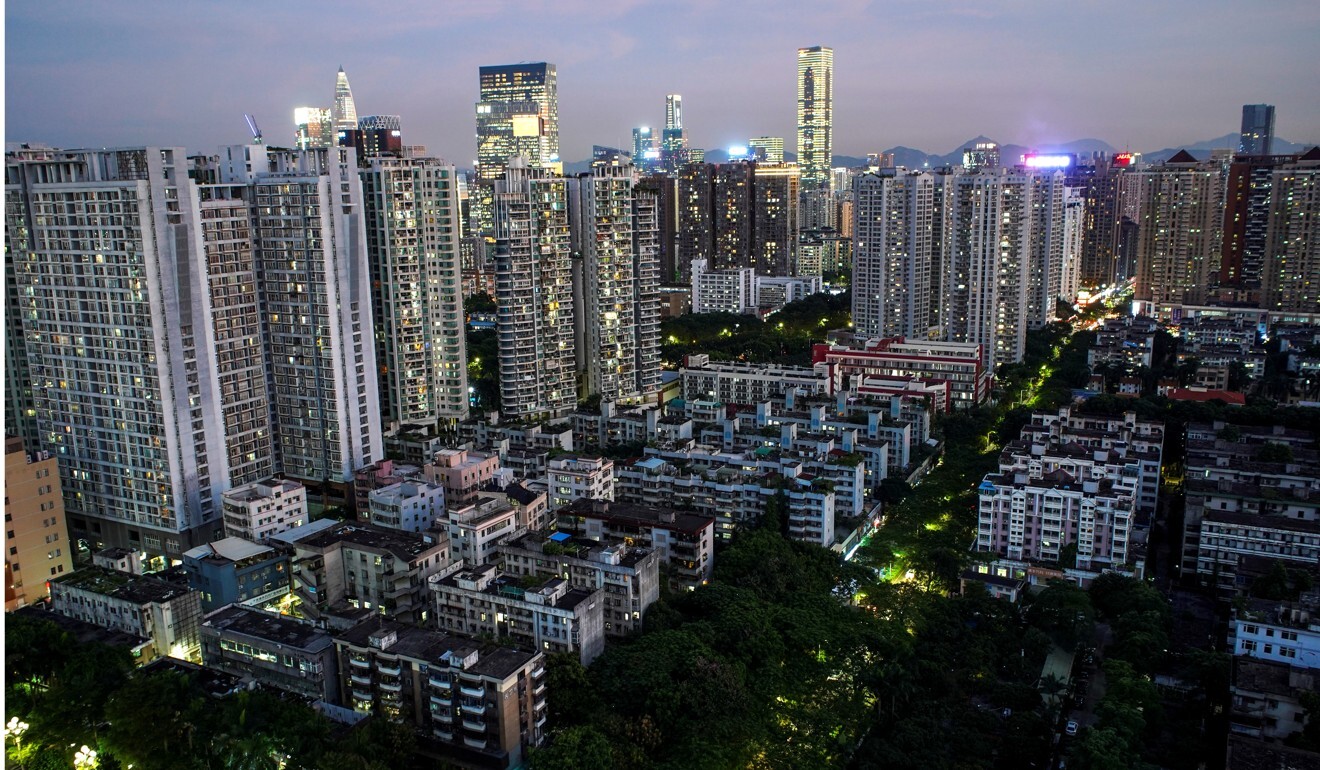
MOUNTING QUESTIONS
What happened in that private flat in Shenzhen before Asuncion’s death remains unclear.
In August 2017, a spokeswoman for Hong Kong’s Immigration Department told the Post it had “referred the suspected human-trafficking case to the police for follow-up action”.
In the same month, her two Hong Kong employers were arrested on suspicion of conspiracy to defraud and released on bail. “They were suspected to have made a false statement to the relevant government department, claiming that the female foreign domestic helper employed by them would work in Hong Kong only,” a police spokesman said at the time.
After that, the couple had to report back to the police from time to time. But they were never charged and ended up being released in mid-2018, a police spokeswoman told This Week in Asia. “The case was closed in mid-2019, as no other evidence or people could be traced,” she said.
It is difficult to conceive just how heart-wrenching it must be for Lorain’s family to not know what happened.
An autopsy was conducted in mainland China, which stated that Asuncion’s “death resulted from falling from height”.
Hong Kong-based lawyer Patricia Ho, who is representing Asuncion’s family, said authorities in both the city and the mainland concluded that the cause of death was not suspicious.
“It is difficult to conceive just how heart-wrenching it must be for Lorain’s family to not know what happened prior to her death, let alone the cause of her death. Why was she taken to work on the mainland? Why did the employers refuse to answer the police’s questions?” she said.
Ho noted that the frustrations are made more acute because Asuncion’s family is not familiar with mainland China’s legal system and the autopsy was carried out there.
“It is unfortunate that we as their legal representatives cannot cast any light on the truth behind what happened,” the lawyer said. “The best we can hope for is at least some financial compensation for them.”
Ho is currently pursuing a claim at the District Court. “We are arguing that the death was an accident that occurred during the course of her employment,” she said. “Unfortunately, we are not able to locate the ex-employers to serve papers on them, so the case is currently only answered by their insurer’s legal representatives.”

OPEN SECRET
David Bishop, an academic and co-founder of Migrasia, a non-profit that has investigated the exploitation of domestic workers, said many had been taken illegally to mainland China.
“Officially, the Hong Kong government and law enforcement state that they are taking this problem seriously, and will prosecute violators within the scope of the law. But our experience suggests otherwise,” Bishop said.
He is aware of multiple cases in which employment agencies in both Hong Kong and mainland China are directly involved in trafficking women across the border, with several of them “actively marketing these services”.
In some of these cases, authorities were notified that a potential trafficking situation was about to occur. “But in each of those instances, the Hong Kong government officials were not willing to grant the potential victims immunity, and protect them from possible prosecution for immigration violations,” Bishop claimed.
“As a result, we worked to get the victims back privately, and sought damages in civil court. And while some of the employment agency traffickers were prosecuted, none received any jail time or substantial penalties, and some are still operating employment agencies in Hong Kong,” the scholar said.
A spokesman for the Hong Kong Labour Department said that from 2015 to 2018, the Employment Agencies Administration prosecuted five employment agencies and revoked or refused to renew or issue licences to four agencies involved in cases of foreign domestic workers being deployed to work in places outside Hong Kong. But over the past three years, there is no record of any conviction or licences being cancelled related to cases of domestic workers sent to mainland China, the spokesman said.
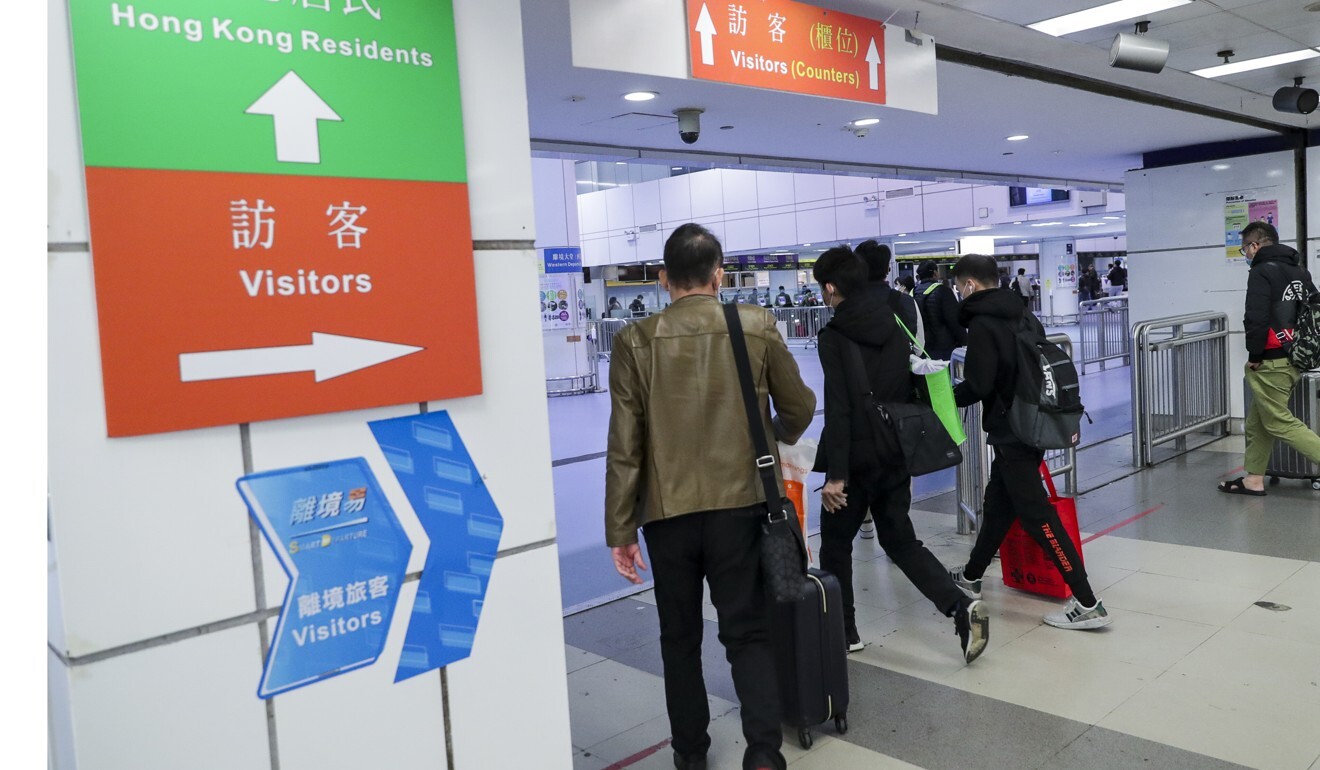
The US State Department’s latest Trafficking in Persons (TIP) report said authorities in Hong Kong “did not investigate, prosecute, or convict any cases of labour trafficking” between the beginning of April 2019 and the end of March this year. According to the report, three victims of trafficking were identified during the same period, but they were not provided with government-funded services.
Although local authorities granted immunity to two potential victims to allow them to testify in court last year, the report said “well-founded fears of penalisation” resulted in many victims choosing not to pursue their exploitation cases or declining to cooperate in investigations.
A spokesman for the Hong Kong government disputed the findings in the TIP report, insisting that the small percentage of identified victims “reinforced” their “observation all along that [human trafficking] has never been a prevalent problem in Hong Kong”.
A spokeswoman for the Security Bureau told This Week in Asia that between 2017 and 2019, nearly 20,000 potential victims of human trafficking went through initial screenings conducted by law enforcement agencies and the Labour Department. But only 30 victims were identified, she said. Among the identified survivors, seven were foreign domestic workers, and two cases involved being deployed to work in mainland China.
The spokeswoman said “necessary support and assistance would be provided to [trafficking] victims in a timely manner”, including shelter, medical services, psychological support, financial assistance and witness protection. Extension of their visas to attend court procedures and flexibility to change employers might also be granted to victims of abuse or exploitation, she said.
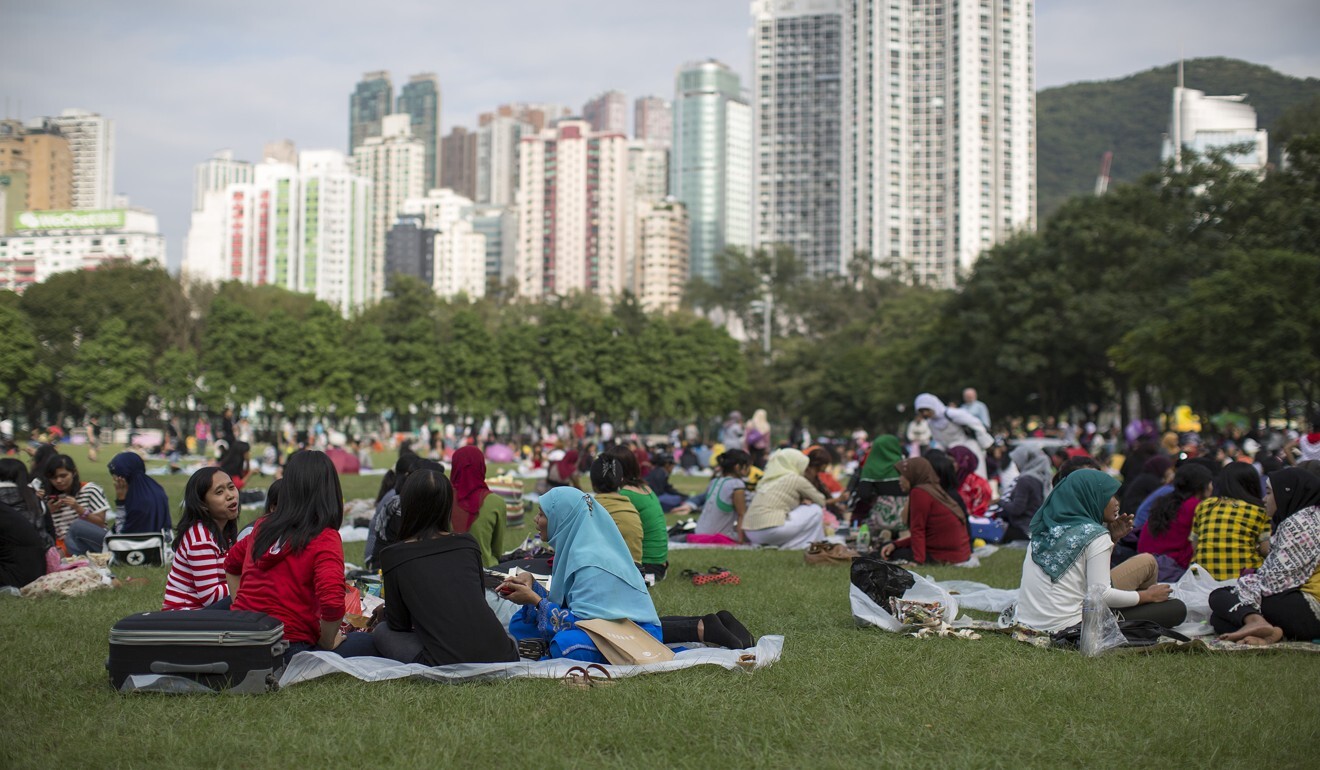
WHO’S TO BLAME?
Bishop said it was very difficult to tell exactly how many domestic workers were taken across the border illegally because there was no official data. “We have requested such information, but it has not been provided,” he said.
However, “based on our understanding, there are hundreds of thousands of Filipinas working in China, many as domestic workers”. He added that it is possible to stand at the border between Hong Kong and Shenzhen “and see scores of these women being taken across the border with their handlers”.
This was an issue, Bishop argued, that had unfolded before the eyes of multiple governments. “The Hong Kong, Philippine and Chinese governments seem content to ignore the fact that hundreds of thousands of migrant domestic workers from the Philippines are currently working in China without clear authority, and therefore without adequate supervision and support.”
The scholar noted that they were more vulnerable to abuse and had fewer channels to seek help. “In situations like this where the migrant workers’ immigration status is simultaneously unclear but tacitly condoned, workers run the risk of not having official lines of support when things go wrong,” Bishop said.
Cynthia Abdon-Tellez, general manager of the Mission for Migrant Workers in Hong Kong, said she had encountered dozens of domestic workers whose employers wanted to take them to places that were not designated in their work contracts – both within the city and also for holidays or extended periods abroad.
She said her support group received 50 to 100 calls a year about this issue. From January to June this year, more than 30 domestic workers had made inquiries.
Abdon-Tellez said some employers lived mostly in mainland China, despite officially being residents of Hong Kong and having hired their helpers in the city.
The system puts the blame on the victim.
“We have advised domestic workers to think carefully whether they should go or not. They are often the ones questioned and stranded at immigration when they return. And they don’t know what to do, because their employers tell them not to say they were working,” she said.
“They should not be put in that position because they should not have been taken to [mainland] China in the first place,” Abdon-Tellez argued. “But the system puts the blame on the victim.”
In her view, domestic workers who are pressured into working at different addresses receive little protection.
“Sometimes they are asked to work in several houses. They don’t like that, but then if they are caught, they end up being the ones prosecuted,” Abdon-Tellez said.
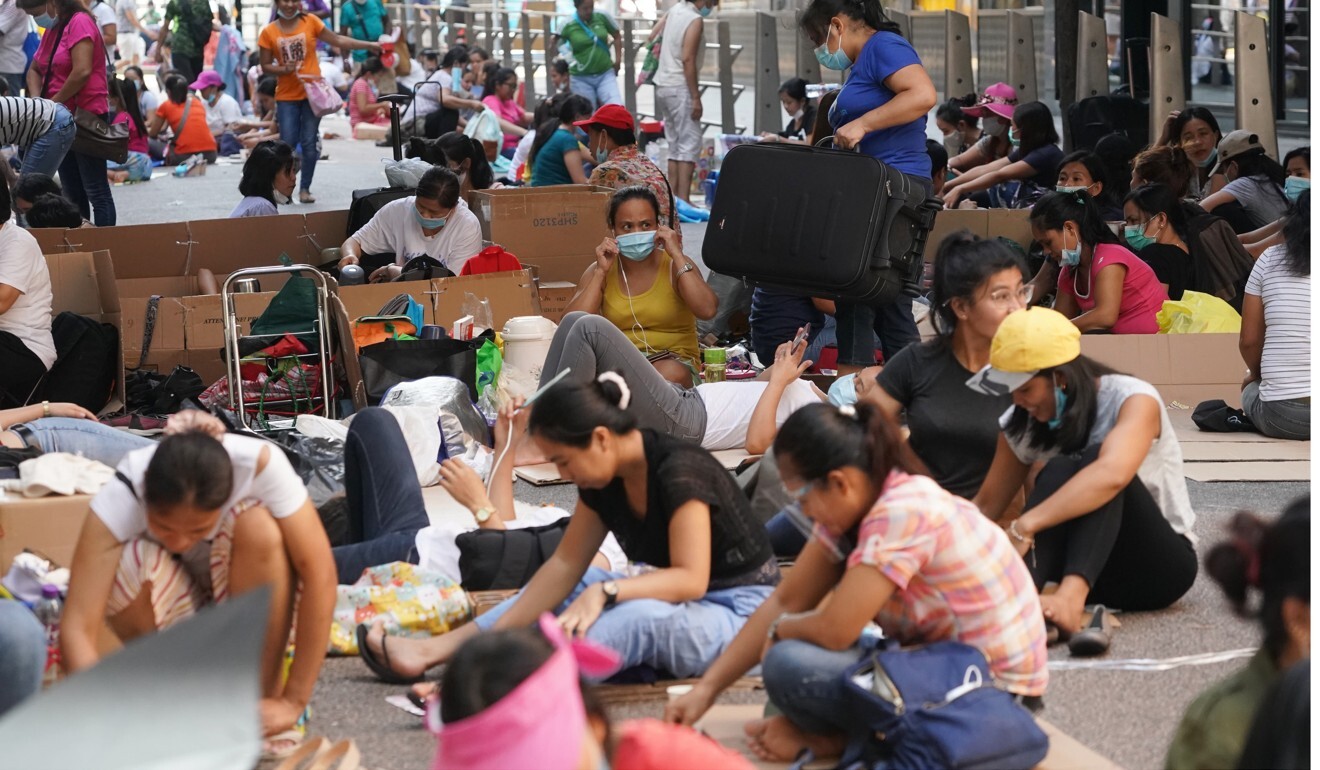
In 2018, the Hong Kong government announced an action plan to combat human trafficking and further protect domestic workers in the city, which included an investment of HK$62 million annually in more personnel and resources on the front line.
But the latest TIP report said observers had reported ineffective implementation of the screening mechanism for human-trafficking survivors in Hong Kong, and that there was a lack of understanding of the psychological trauma associated with trafficking, which resulted in few victims being identified.
In addition, the report said authorities seemed “more likely to penalise victims than their traffickers”.
Some advocates have called for new legislation that offers a broader definition of human trafficking, as current local laws only include trafficking for the purpose of prostitution. Forced labour is technically not a crime in Hong Kong.
However, local authorities insist there are sufficient legal provisions.
“Hong Kong has a long and well-established legal framework. There are over 50 legal provisions against various [human trafficking] conducts that form a comprehensive package of safeguards,” a government spokesperson said.
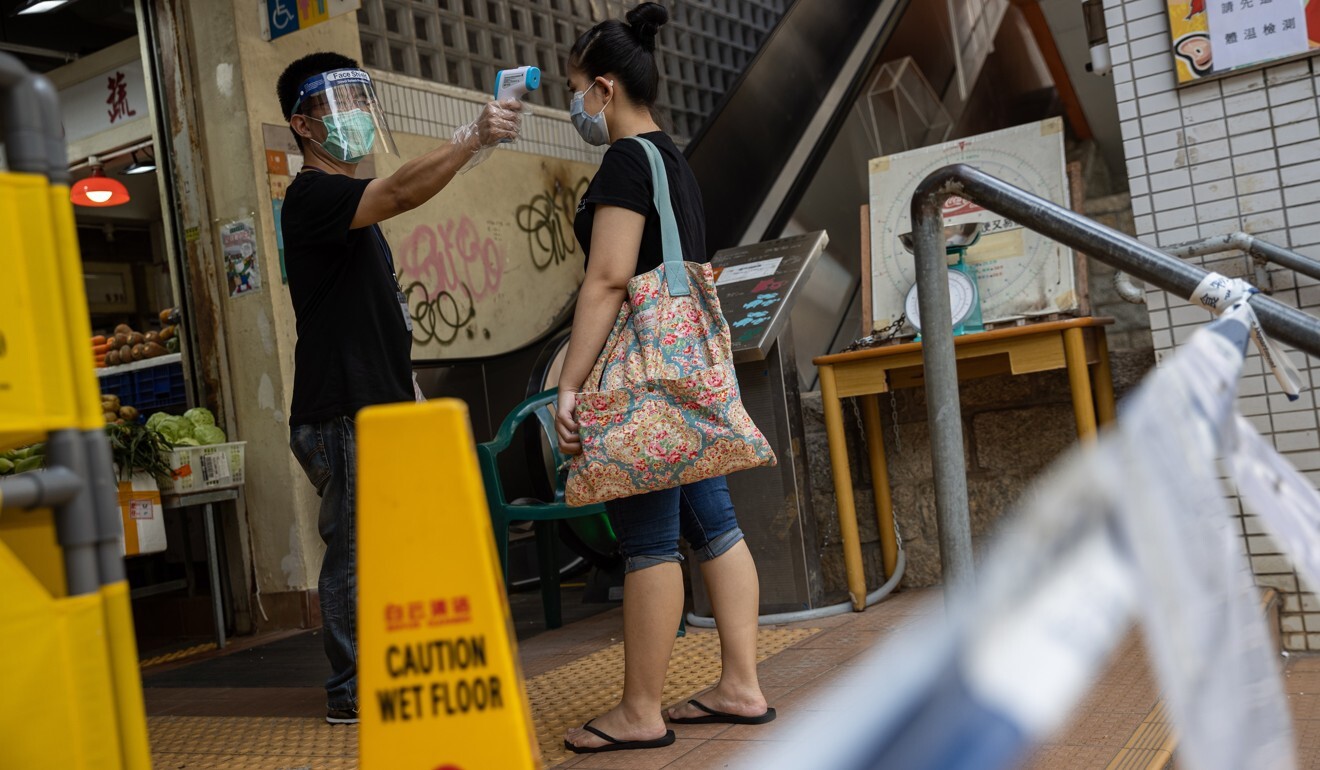
JOINT RESPONSIBILITY
Abdon-Tellez said the domestic workers’ home countries, such as the Philippines and Indonesia, also had an obligation to them.
“The sending governments turn their responsibilities over to the agencies, which are a business.
“[The agencies] usually don’t explain things properly to the workers. They just ask them to sign papers. Sometimes the workers don’t even understand the language the papers are written in,” the support worker said.
Asked how many Filipino domestic workers had been taken to mainland China in recent years, Philippine Consul General Raly Tejada said they only knew about it when the workers reported it.
“We get about one to two reports a month on average,” he said. But in recent years, no agency licences had been revoked by the consulate because of this issue, he added.
“Asuncion’s case is very unfortunate. Indeed, we do not wish to see a repeat of this,” Tejada said. “That’s why we have reminded all parties, especially employers, to abide by the terms of the contract and prevent the worker from working outside the contractual address.”
We are hoping and praying that someday we will find an answer about what happened to my sister.
Abdon-Tellez said only a thorough investigation would reveal what happened before Asuncion’s death.
“It’s unfortunate this case ended up uncertain,” she said.
Asuncion’s sister said she hoped her family would eventually win the court case for compensation.
“It’s been three years and until now nothing has happened,” Javier said. “We are hoping and praying that someday we will find an answer about what happened to my sister.” ■
If you are having suicidal thoughts, or know someone who is, help is available. For Hong Kong, dial +852 2896 0000 for The Samaritans or +852 2382 0000 for Suicide Prevention Services. In the US, call The National Suicide Prevention Lifeline on +1 800 273 8255. For a list of other nations’ helplines, see this page.